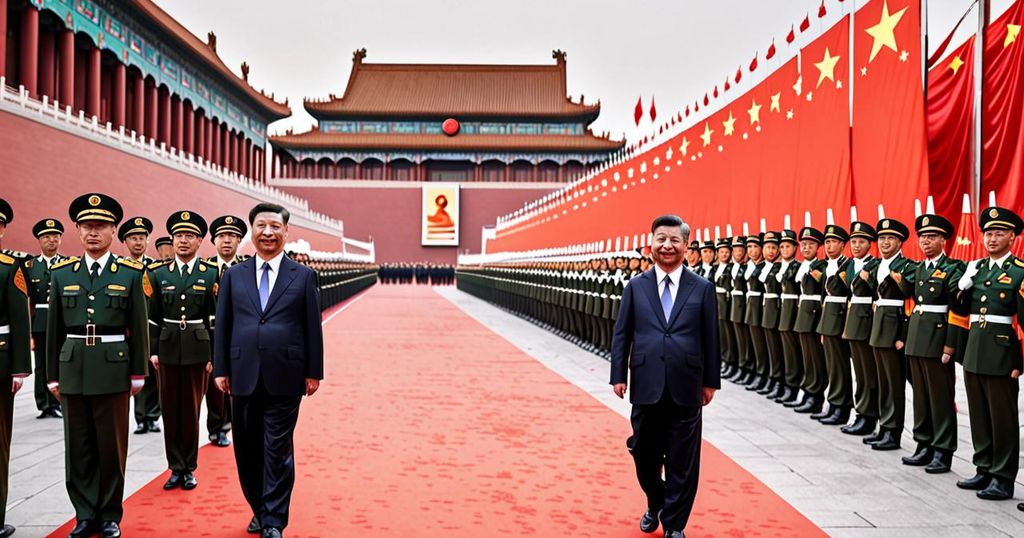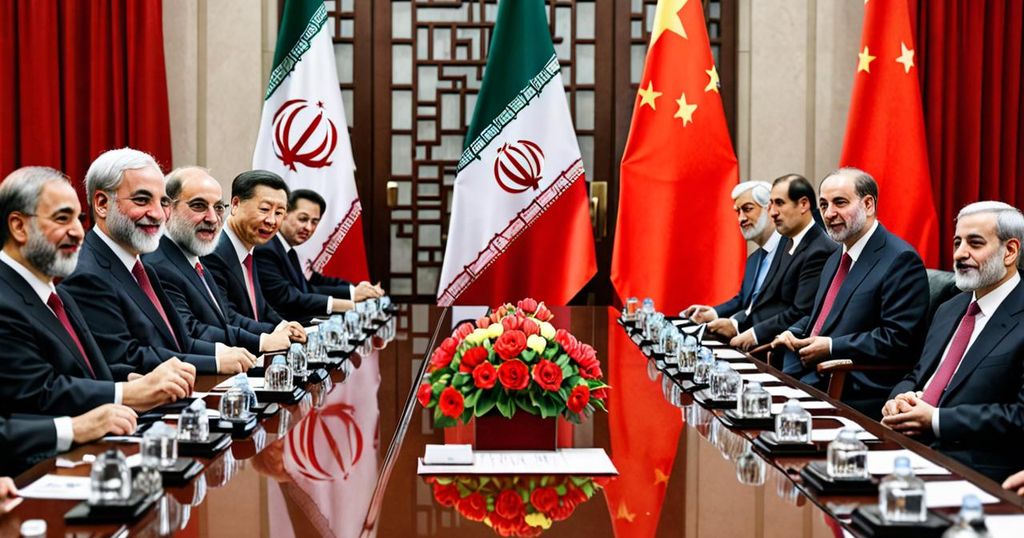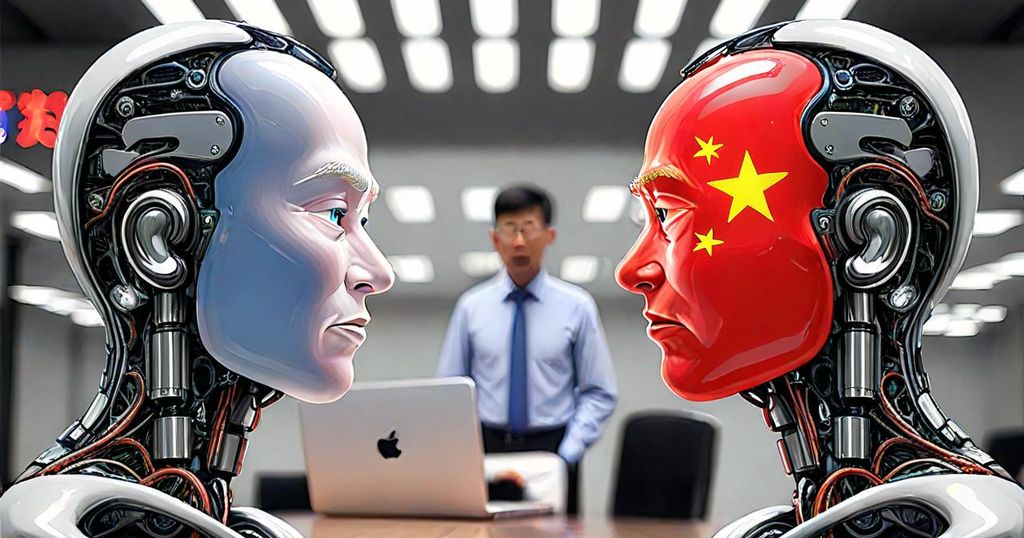China is actively working to decrease its reliance on foreign technology in response to continued sanctions from the US. In Tongming Lake IT City in Beijing, a coalition of leading Chinese companies is spearheading efforts to achieve self-sufficiency in essential technology, signifying a significant shift toward technological self-reliance within the nation. The Xinchuang campaign, initiated by the Chinese government, seeks to cultivate local substitutes to supplant foreign chips, systems, databases, and software.
Established in 2019, Tongming Lake IT City is now the headquarters for several prominent Chinese technology firms. Among these is UnioTech, a company dedicated to undermining the dominance of Microsoft’s Windows with its Linux-based PC operating systems, which have gained popularity among government clients seeking alternatives to Windows. UnioTech is a key player in China’s broader initiative to phase out foreign systems within military and state agencies, bolstered by the impetus of the Xinchuang campaign.
Despite China’s determination to decrease its dependence on foreign technologies, it encounters substantial obstacles, particularly within the semiconductor sector. Industry experts note that while the gap in processing techniques is narrower, China lags behind the West by approximately 10 to 15 years in lithography technology. Nevertheless, through the Xinchuang campaign, China is striving to cultivate its own ecosystem and foster opportunities for local startups to mutually support and thrive.
UnioTech’s operating systems, installed in over 6 million Chinese-made computers, have been tailored to interface with processors from major Chinese CPU manufacturers and brands. This development comes at a time when Chinese companies face limitations imposed by the US commerce department, impacting their access to global foundry services. Consequently, they are increasingly reliant on domestic chip manufacturers to produce their CPUs.
China’s escalating focus on indigenous technology has implications for foreign businesses operating within the country. VMware, a cloud computing company recently acquired by Broadcom, was compelled to downsize its sales team in China as state-run enterprises turned to domestic alternatives. This trend underscores China’s longstanding motivation to prioritize local IT suppliers, which has not escaped the notice of American companies conducting business in the nation.
In conclusion, China’s endeavor to achieve self-reliance in essential technology represents a significant development in the ongoing technological rivalry between China and the US. The nation’s efforts to construct its own ecosystem and diminish its reliance on foreign technologies, especially within the semiconductor sector, reflect its resolute determination to achieve self-sufficiency. While challenges persist, China’s commitment to technological self-reliance remains resolute.








